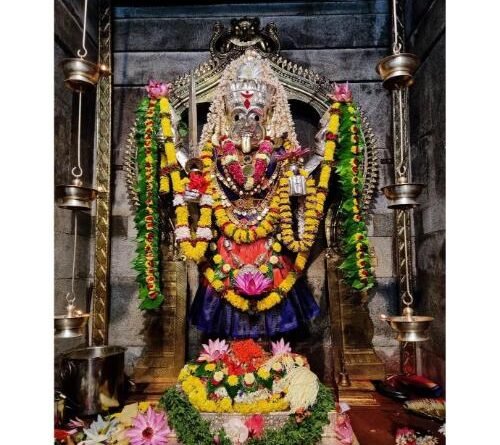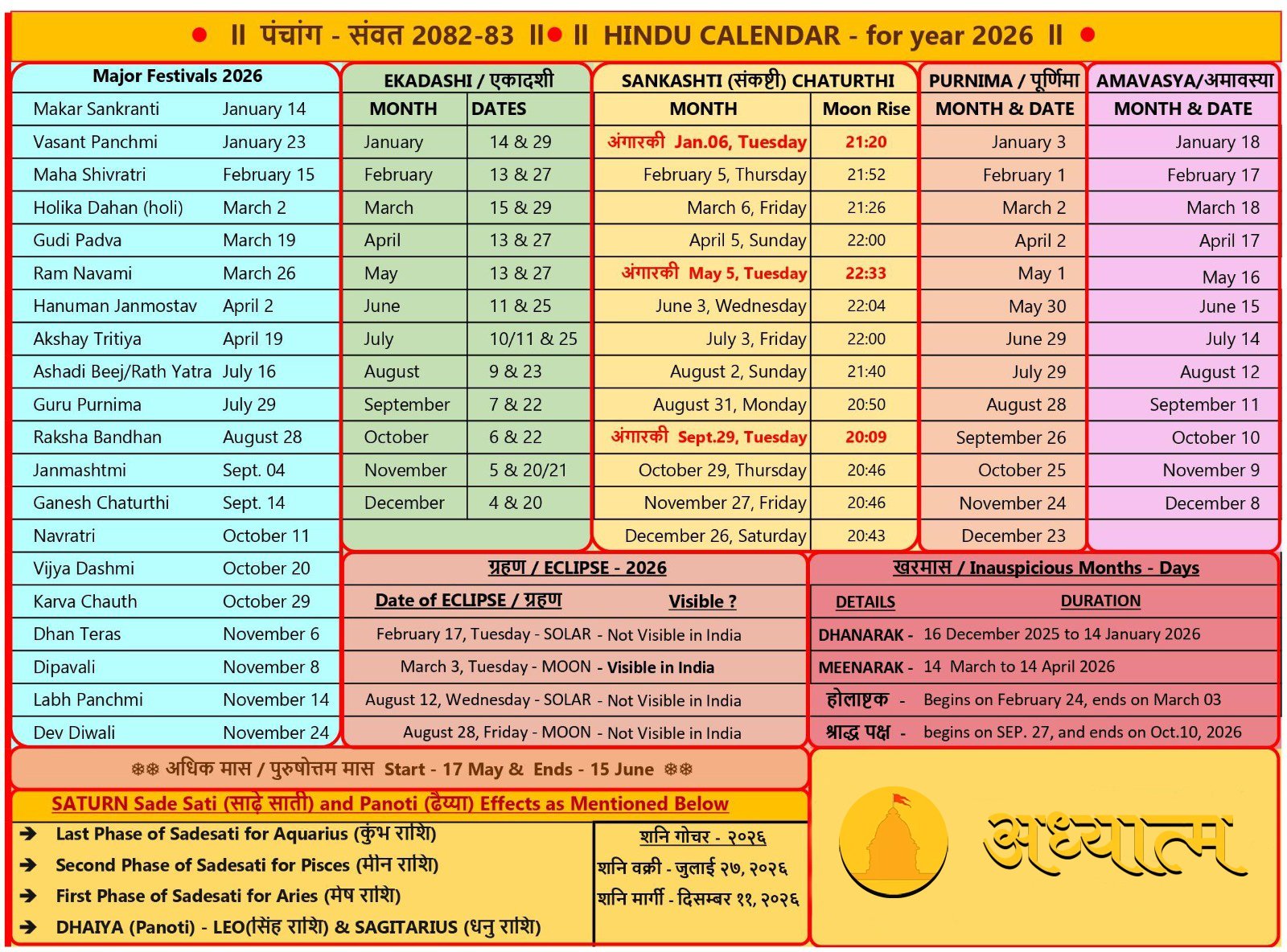Ambalpady Mahakali Temple Udupi,Karnataka
Ambalpady Mahakali Temple is a well-known Hindu temple near Udupi, Karnataka. The temple is dedicated to Goddess Mahakali and Lord Janardana (a form of Vishnu) attracting devotees for its spiritual significance and unique rituals.
Temple Architecture
The temple showcases traditional coastal architectural style. The Janardana Temple, facing east, is a substantial structure with an imposing Garuda Stambha (pillar) at the entrance. Adjacent to it, on the southern side, is the Mahakali Shrine, facing west. The sanctum sanctorum of Mahakali houses a beautifully carved wooden idol, approximately 6 feet tall, painted in vibrant colors. The temple complex also includes the Janardana Pushkarni (temple pond) and a garden believed to be the Brindavan created by Raghavendra Swami.
Historical Significance and Sthalapurana
The name “Ambalpady” is believed to have evolved from “Ammana Padi,” meaning “the woods belonging to the Mother,” referring to Goddess Mahakali. According to legend, Goddess Mahakali descended to this place to safeguard the region. Lord Janardana, in search of the goddess, chose to reside here to assist in protecting devotees. Initially, the goddess was worshipped in the form of a stone, which is still present and revered alongside a 6-foot wooden idol in the sanctum.
Initially, the goddess was worshipped as a sacred stone, which is still present in the temple. Later, a 6-foot wooden idol of the goddess was installed.
Navaratri is the main festival of Ambalpady Mahakali Temple. Thousands of devotees attend ‘Chandika Homa’ and mass feeding, conducted on the last day (Maha Navami) of the Navaratri festival.
Unique Rituals and Festivals
A distinctive feature of this temple is the “Oracle” ritual, where it is believed that Goddess Mahakali communicates with devotees through a person known as ‘Pathri.’ This event occurs every Friday evening between 5:00 p.m. and 9:00 p.m., addressing personal concerns of devotees. The temple also celebrates an annual Rathotsava (chariot festival) during the month of Magha (February), marked by vibrant processions and traditional ceremonies.















